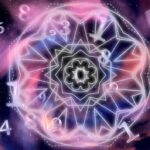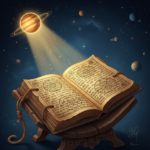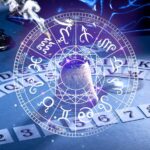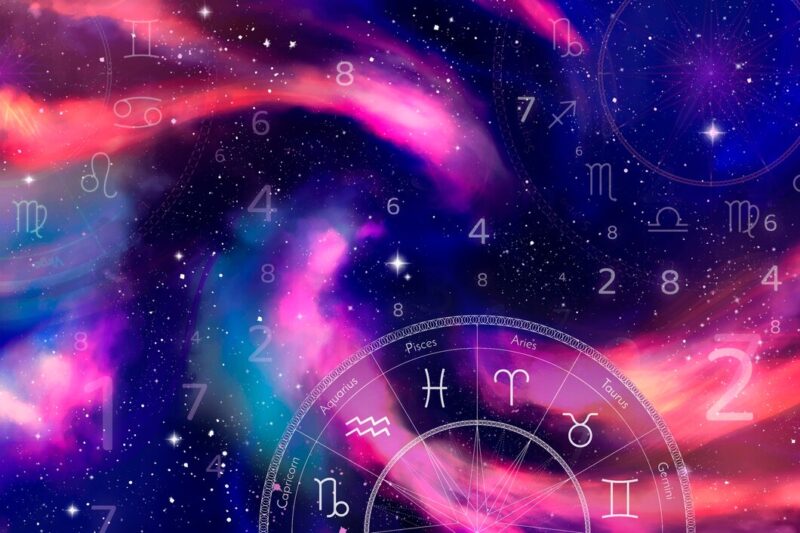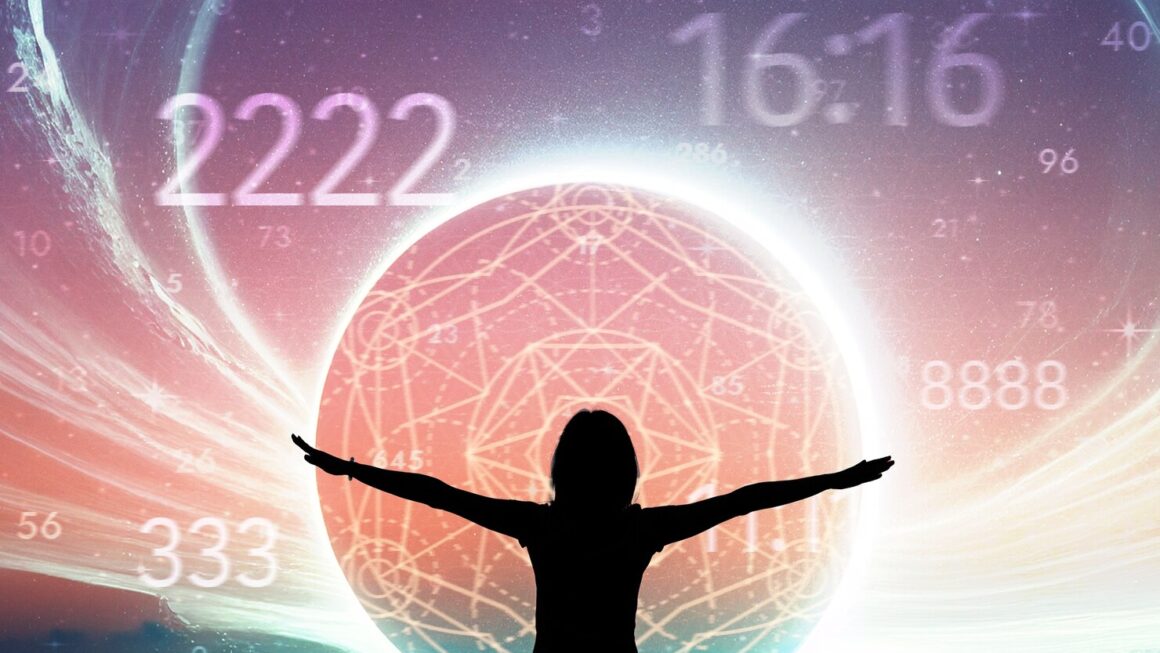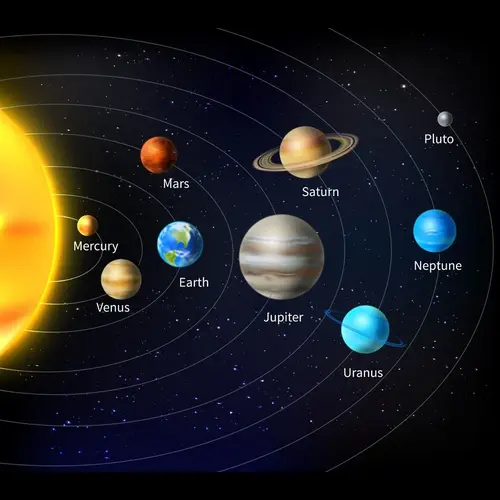Why is your friend’s fiery, impulsive Mars so different from your fiery, competitive Mars? Why does the mighty Jupiter, the great benefic, sometimes fail to deliver its promised wisdom and wealth, instead offering dogma and excess? Why is a planet in one person’s chart a source of profound strength, and in another’s, a source of lifelong struggle?
The answer is the single most important, elegant, and foundational principle in all of Vedic astrology: the relationship between the planet and the sign. This is the ultimate key to how signs modify planetary expression.
If you’re new to Jyotish, you may think of planets and signs as a simple “checklist” of traits. This is a mistake. The truth is far more dynamic and insightful.
So, let’s pull back the curtain on this cosmic mechanism. Let’s explore exactly how signs affect planets, turning raw, archetypal energy into the nuanced, complex, and unique story of you.
The Rashi as the “Great Filter”: Understanding Planetary Expression
The most powerful way to understand this concept is with a simple analogy.
Opinion: A planet (Graha) is an actor. It is a raw, archetypal energy with a core identity. Mars is the Soldier, Venus is the Lover, Saturn is the Judge. The Rashi (Sign) is the costume, the script, and the stage all in one.
Reason: In Jyotish, the Graha is the active, conscious, moving force. It is the “doer.” The Rashi, however, is a passive field of energy. It is the “environment.” This environment has rules. It has an element (atmosphere), a quality (pace), and a “landlord” (its ruling planet). The actor must perform the role they have been given, on the stage they have been placed.
Example: Let’s take our actor, Mangal (Mars). His core energy is action, separation, conflict, logic, and will.
- Stage 1: Mars in Aries (Mesha). The soldier (Mars) is on his home battlefield (Aries is ruled by Mars). He is in his full uniform, with all his weapons, and he knows the terrain. His planetary expression is pure, powerful, direct, and effective.
- Stage 2: Mars in Cancer (Karka). The soldier (Mars) is now placed in a nursery (Cancer, the sign of the mother). He is forced to be a nurse. He is still Mars—he still has all that fiery, cutting energy—but the stage demands he be gentle, nurturing, and emotional. His expression is frustrated. His “cutting” (Mars) might become passive-aggressive, or, in a high expression, the precise skill of a surgeon (Mars) protecting life (Cancer).
- Stage 3: Mars in Libra (Tula). The soldier (Mars) is now at a peace negotiation (Libra, the sign of diplomacy, ruled by Venus). He hates it. He’d rather fight, but the stage demands harmony, words, and compromise. His expression becomes argumentative, relational, and strategic.
Opinion (Restatement): In all three cases, the actor is still Mars. But his performance, his expression, is completely transformed by the sign. Therefore, you can never judge a planet’s results without first analyzing the Rashi it occupies. This planet-sign combination is the very heart of chart interpretation.
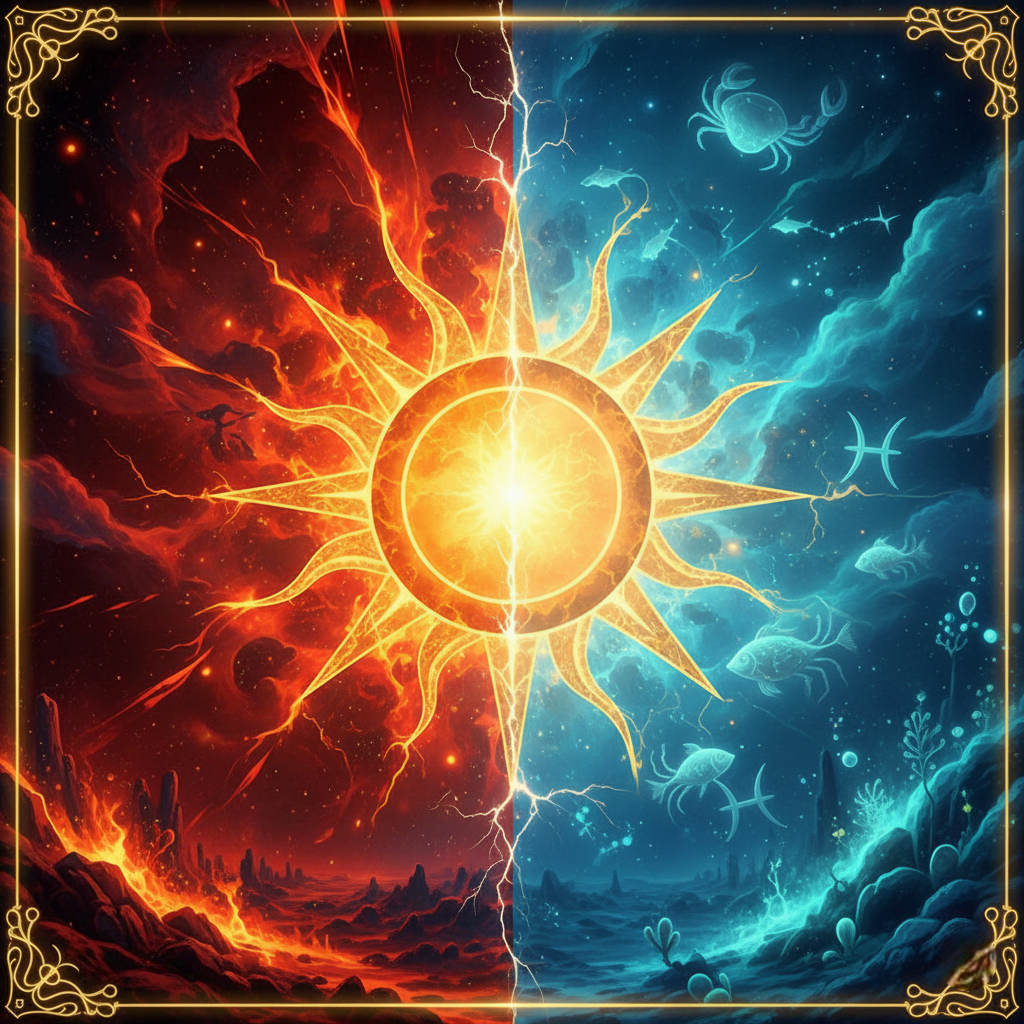
The Core Mechanism: Planetary Dignity (The 5 States of Being)
The most direct and powerful way a sign influence planets have is through dignity. This is the “welcome mat” at the door. Is the planet the King of this kingdom, an honored guest, or a prisoner in the dungeon?
This is the “cheat sheet” for determining a planet’s raw strength or weakness.
1. Exaltation (Uchcha): The “Peak Performance”
This is one specific sign where a planet is at its absolute, most powerful, peak expression. It is the actor winning their Oscar.
- Example: Saturn (Shani), the planet of structure and justice, is Exalted in Libra (Tula). Why? Because the “cold, hard structure” (Saturn) of the law finds its highest, most benevolent expression in the sign of balance and fairness (Libra). This isn’t just a rigid rule-maker; it’s a wise judge.
2. Moolatrikona: The “Home Office”
This is a specific, powerful portion of one of the planet’s own signs. It’s not just “home”; it’s the “throne room” or “command center.” The planet is comfortable and on task, ready to work.
- Example: The Sun’s (Surya’s) Moolatrikona is in Leo (Simha). This is the King in his own throne room, radiating power, creativity, and authority.
3. Own Sign (Swakshetra): The “Comfortable Home”
Each of the 7 classical planets (Grahas) rules one or two signs. When a planet is in a sign it rules, it is Swakshetra, or “in its own house.” It is comfortable, stable, and acts in a predictable, natural, and strong way.
- Example: Jupiter (Guru) in Sagittarius (Dhanu) or Pisces (Meena). The great teacher is at home, able to express his wisdom, optimism, and faith with ease and power.
4. Friendly, Neutral, or Enemy Sign: “The Guest House”
Based on the complex web of planetary relationships, a planet in another sign can be visiting a friend, an acquaintance, or a mortal enemy.
- Example: The Sun (King) and Saturn (Servant/Judge) are bitter enemies. When the Sun is in Capricorn (Saturn’s sign), the King is a “guest” in the cold, dark, disciplined home of his enemy. The Sun’s natural radiance, confidence, and ego are severely restricted. The person may struggle with confidence or have a difficult relationship with their father (Sun) or authority (Saturn).
5. Debilitation (Neecha): The “Rock Bottom”
This is one specific sign where a planet is at its absolute weakest, most frustrated, and most difficult. It is the actor in a role they are completely unsuited for, leading to a warped or painful expression.
- Example: Jupiter (Guru), the planet of wisdom and expansion, is Debilitated in Capricorn (Makara). Why? The planet of faith and the “big picture” (Jupiter) is in the sign of pragmatism and material structure (Capricorn, ruled by Saturn). Faith is crushed by a “prove it to me” attitude. Expansion is limited by rules. This can create a person who is overly pessimistic, dogmatic, or whose “wisdom” is hollow and materialistic.
How Elements Modify Planets: The “Atmosphere” of the Stage
Beyond dignity, the sign’s element (Tattva) sets the entire “atmosphere” of the performance. This is how signs affect planets on a fundamental level.
- Planets in Fire Signs (Aries, Leo, Sagittarius): The planet’s energy becomes projective, passionate, fiery, and direct. A Venus in Leo doesn’t just “love”; it loves dramatically and royally, demanding to be adored.
- Planets in Earth Signs (Taurus, Virgo, Capricorn): The planet’s energy becomes grounded, practical, stable, and resource-oriented. A Mercury in Virgo doesn’t just “think”; it analyzes, perfects, and fixes the material world.
- Planets in Air Signs (Gemini, Libra, Aquarius): The planet’s energy becomes intellectual, social, communicative, and detached. A Moon in Gemini doesn’t just “feel”; it talks about its feelings, analyzes them, and needs constant mental stimulation.
- Planets in Water Signs (Cancer, Scorpio, Pisces): The planet’s energy becomes emotional, intuitive, receptive, and psychic. A Sun in Pisces doesn’t express its “ego” with a lion’s roar; it expresses its “self” through boundless compassion, art, or spirituality.
How Qualities Modify Planets: The “Pace” of the Performance
Finally, the sign’s quality (Movable, Fixed, or Dual) sets the pace of the planet’s expression.
- Planets in Movable Signs (Chara): The planet’s energy is fast, initiating, and restless. A Saturn in Libra (Movable Air) is a “fast” Saturn—it initiates justice, it acts to create balance. This is not the slow, plodding Saturn of an earth sign.
- Planets in Fixed Signs (Sthira): The planet’s energy is slow, stable, stubborn, and enduring. A Venus in Taurus (Fixed Earth) is a “Fixed” love. It is loyal, unshakeable, and possessive. It builds for the long haul.
- Planets in Dual Signs (Dvisvabhava): The planet’s energy is adaptive, intellectual, and flexible. A Mars in Gemini (Dual Air) is a “flexible” warrior. His “weapon” is his words. He is a debater, a strategist, and his energy is expressed through his restless, multi-tasking mind.
The Planet-Sign Combination in Action: A Final Example
Let’s look at one final, profound planet-sign combination to tie it all together: The Moon (Chandra), the planet of your mind, emotions, and inner security.
- Moon in Taurus (Vrishabha):
- Dignity: Exalted (Uchcha). Peak performance.
- Element: Earth. Grounded, practical.
- Quality: Fixed. Stable, enduring.
- The Result: This is the most stable mind in the zodiac. The mind (Moon) is in a Fixed Earth sign. It is patient, calm, grounded, and finds its security in tangible comfort (food, home, money). It is an “unshakeable” emotional core.
- Moon in Scorpio (Vrishchika):
- Dignity: Debilitated (Neecha). Rock bottom.
- Element: Water. Emotional, deep.
- Quality: Fixed. Stable, stubborn.
- The Result: This is the most intense mind in the zodiac. The mind (Moon) is in a Fixed Water sign. It is a “Fixed” emotion—a deep, dark, still, and pressurized well. It is stuck in its own intensity. This creates a mind that is psychic, deep, and resilient, but also prone to fear, jealousy, and emotional turmoil.
Both are “Fixed” signs, but the element and dignity create two completely opposite expressions of the exact same planet.
Conclusion: Your Chart is a Unique Play
This is how signs modify planetary expression. Your birth chart is not a random collection of planets. It is a divine, intricate, and deeply intelligent script.
Each planet-sign combination is a masterpiece of nuance. Your Mars in Cancer isn’t “weak”; it’s a protective warrior. Your Jupiter in Capricorn isn’t “cursed”; it’s a pragmatic realist who must build wisdom through hard work.
Stop thinking of your planets in isolation. Look at the stage they are on. Look at the costume they are wearing. In that combination, in that performance, you will find the unique, complex, and beautiful story of your soul.
